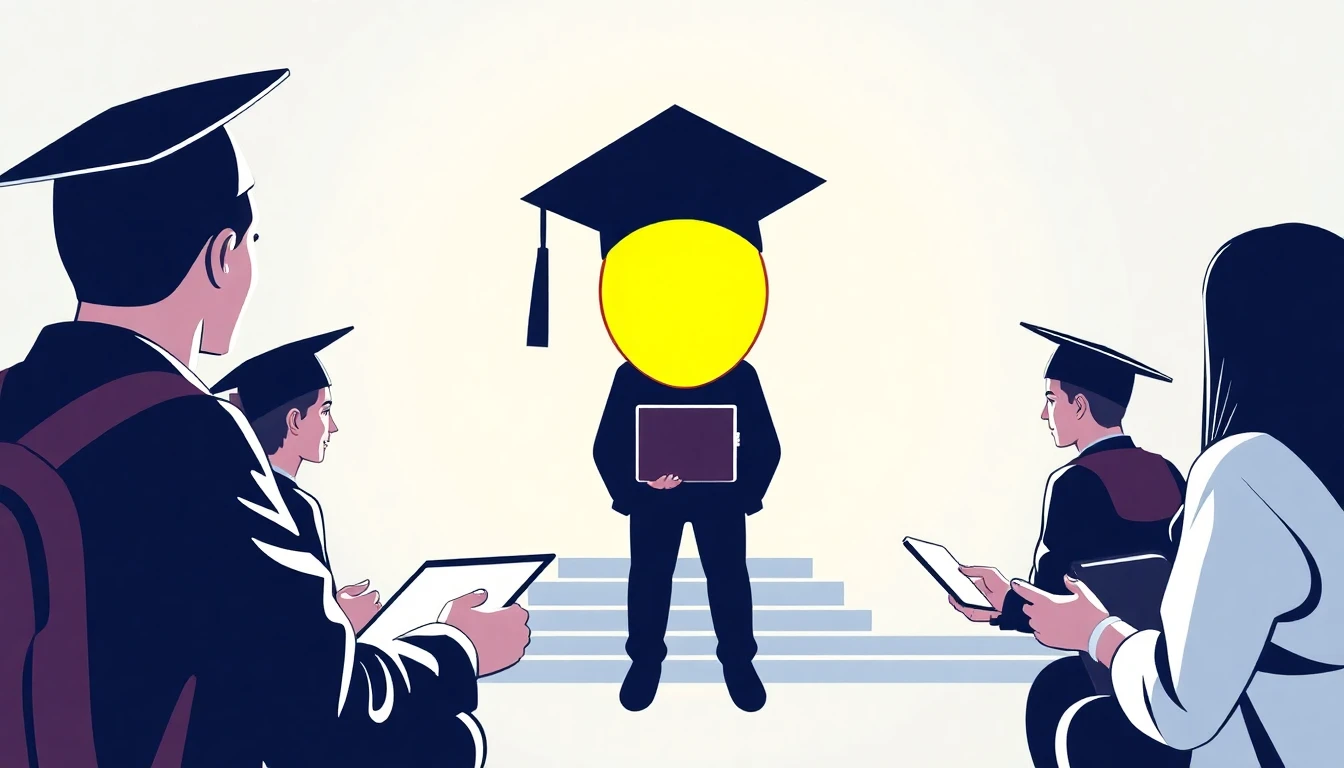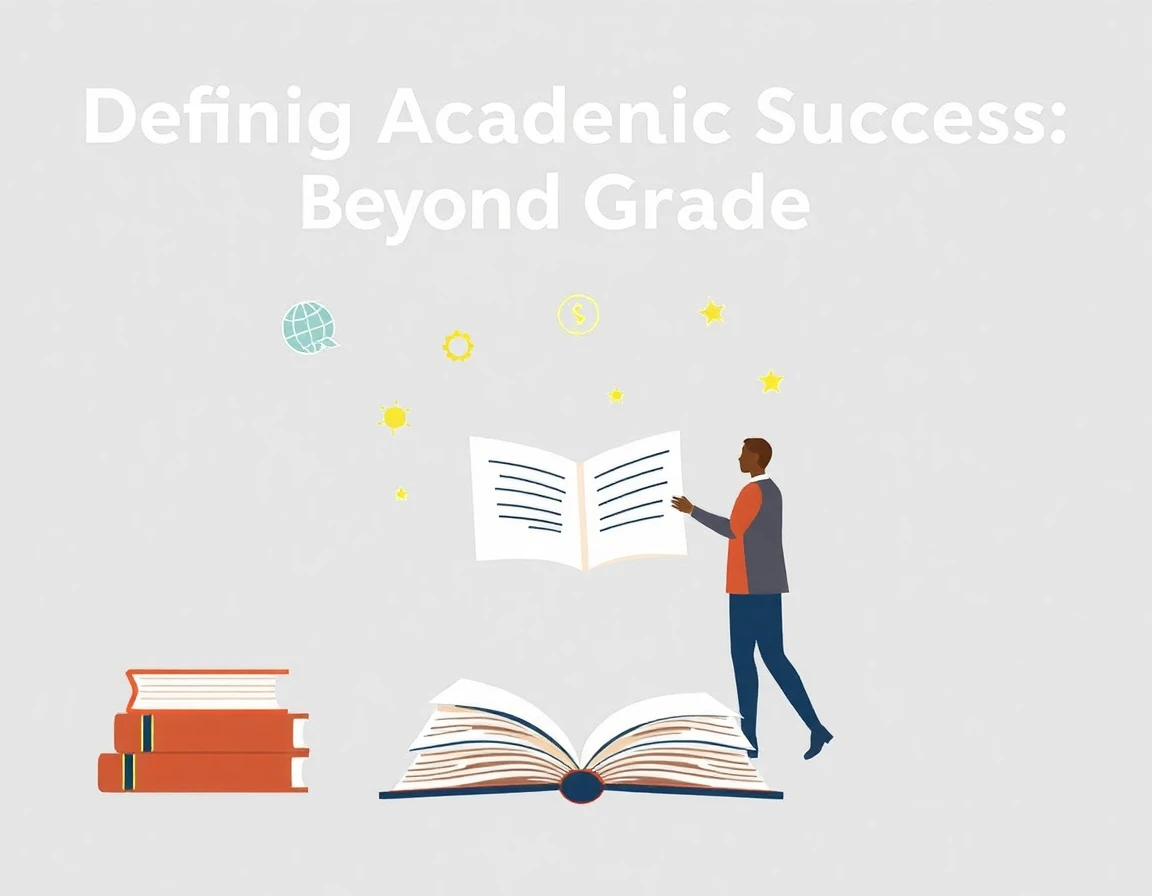Academic Success in Higher Institutions: Strategies, Challenges, and Achievements
Navigating the complexities of higher education can feel like charting unknown waters. This blog post aims to provide a comprehensive overview of academic success in colleges and universities, exploring effective strategies, common challenges, and pathways to achieving excellence. We'll delve into actionable techniques and provide insights to help students thrive in their academic pursuits. We will also direct you to a valuable resource, a comprehensive guide available at Selar.com/97pt75, which offers deeper insights and practical tools.
Defining Academic Success: Beyond Grades
While GPA is often the primary metric for academic success, a holistic view encompasses much more. True academic success includes critical thinking, effective communication, problem-solving skills, and the ability to learn independently. It's about intellectual growth, personal development, and preparing for future endeavors. As Chickering and Gamson (1987) emphasized in their "Seven Principles for Good Practice in Undergraduate Education," effective learning involves active learning, high expectations, and timely feedback. (Chickering, A. W., & Gamson, Z. F. (1987). Seven principles for good practice in undergraduate education. AAHE Bulletin, 39(7), 3-7.)
Proven Strategies for Academic Excellence
Several strategies can significantly enhance academic performance:
- Effective Time Management: Prioritize tasks, create realistic schedules, and avoid procrastination. Techniques like the Pomodoro Technique can be particularly helpful.
- Active Learning Techniques: Engage actively with the material through note-taking, summarizing, questioning, and teaching others.
- Strategic Study Habits: Utilize evidence-based study methods like spaced repetition and retrieval practice.
- Seeking Support: Don't hesitate to utilize academic resources such as tutoring services, writing centers, and faculty office hours.
- Building a Supportive Network: Collaborate with peers, join study groups, and seek mentorship from faculty or alumni.
Common Challenges Faced by Students
The path to academic success is rarely without obstacles. Common challenges include:
- Stress and Anxiety: Academic pressure can lead to significant stress and anxiety, impacting performance and well-being.
- Procrastination and Time Management Issues: Difficulty prioritizing tasks and managing time effectively.
- Lack of Motivation: Losing interest in studies or struggling to find intrinsic motivation.
- Financial Constraints: Balancing studies with the need to work to support oneself.
- Difficulty Adjusting to College Life: Navigating new social environments and academic expectations.
Overcoming Challenges and Building Resilience
Addressing these challenges requires proactive strategies:
- Stress Management Techniques: Practice mindfulness, meditation, exercise, and other stress-reducing activities.
- Time Management Strategies: Implement time-blocking, prioritize tasks, and break down large assignments into smaller, manageable steps.
- Seeking Mental Health Support: Utilize counseling services and mental health resources available on campus.
- Developing a Growth Mindset: Embrace challenges as opportunities for growth and learning, rather than viewing them as threats.
Achievements and Rewards of Academic Success
The rewards of academic success extend far beyond grades. They include:
- Enhanced Knowledge and Skills: A deeper understanding of subject matter and improved critical thinking abilities.
- Increased Confidence and Self-Esteem: A sense of accomplishment and belief in one's abilities.
- Expanded Career Opportunities: Improved prospects for employment and further education.
- Personal Growth and Development: Increased self-awareness, resilience, and adaptability.
- Contribution to Society: The ability to make a meaningful contribution to the world through knowledge and expertise.
Unlocking Deeper Insights: Explore the Resource at Selar.com/97pt75
To further enhance your understanding and develop a personalized strategy for academic success, we recommend exploring the comprehensive guide available at Selar.com/97pt75. This resource provides detailed insights, practical tools, and actionable strategies for excelling in college and university life. It covers topics such as effective study techniques, time management, stress management, and building a supportive network. Consider this guide a valuable companion on your journey to academic excellence.
The Role of Institutional Support
Universities play a crucial role in fostering student success. Tinto's (1975) integration theory emphasizes the importance of academic and social integration in student persistence. Institutions should provide comprehensive support services, including academic advising, tutoring, career counseling, and mental health resources. (Tinto, V. (1975). Dropout from higher education: A theoretical synthesis of recent research. Review of Educational Research, 45(1), 89-125.)
Conclusion
Academic success in higher institutions is a multifaceted journey that requires strategic planning, diligent effort, and a commitment to personal growth. By implementing effective strategies, overcoming challenges, and leveraging available resources, students can unlock their full potential and achieve excellence in their academic pursuits. Remember to explore the additional resource at Selar.com/97pt75 for even more in-depth guidance and practical support. Embrace the challenges, celebrate the achievements, and embark on a fulfilling and successful academic journey. Remember, success isn't just about the destination, but the growth you experience along the way.
.jpg)



.jpg)



.jpg)